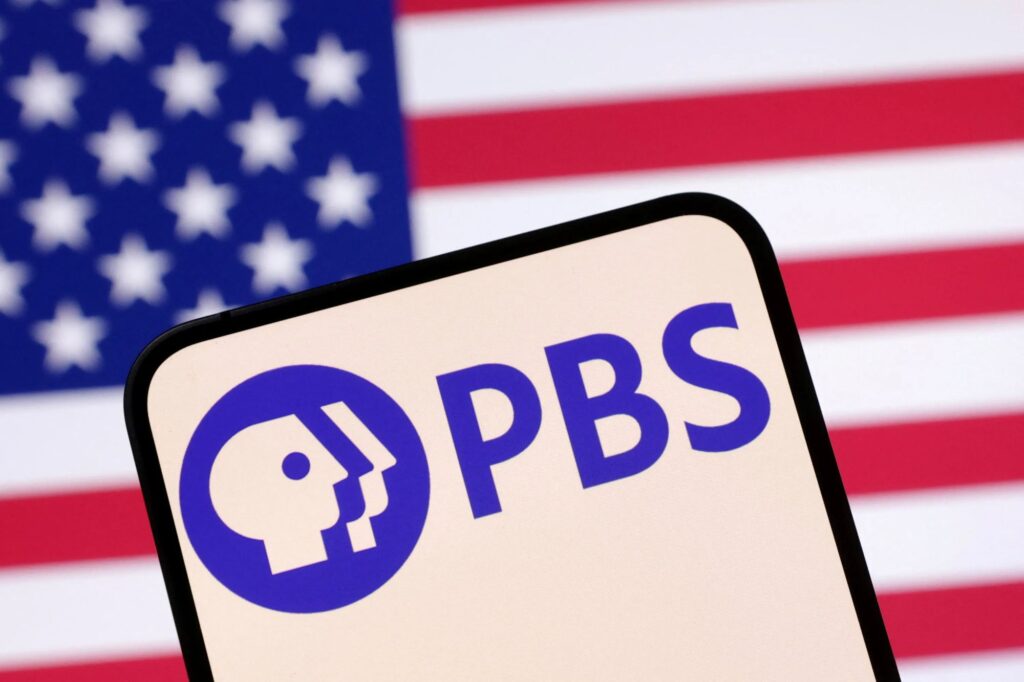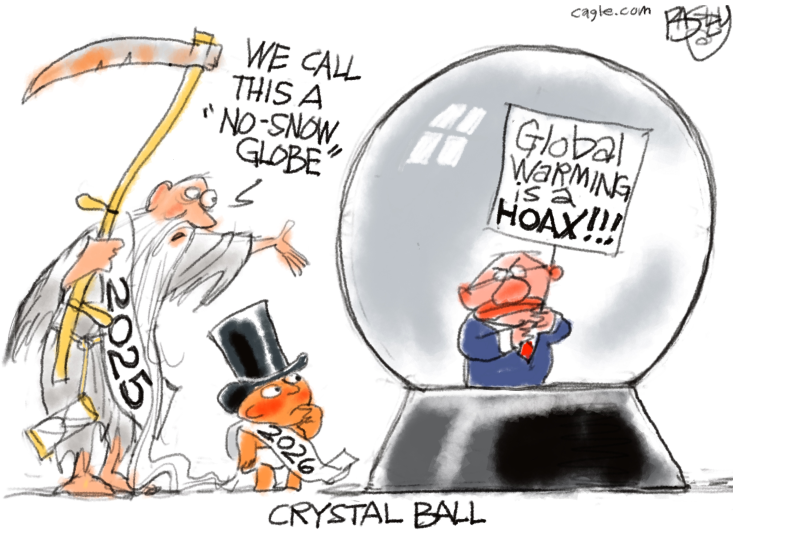
UPDATE: Congress has officially voted to defund public broadcasting, a move that will end taxpayer contributions to organizations like NPR and PBS. This urgent decision, confirmed earlier today, means that the estimated $50 million taxpayers previously funded annually for these outlets will no longer be a financial burden.
Critics argue that federally funded media have historically spread biased narratives, with many calling it “toxic propaganda.” Opponents of public broadcasting have long questioned the ethics of government involvement in media, comparing it to tactics used by authoritarian regimes to control public perception. The latest legislative action signals a significant shift in how the government will fund media.
Ken Burns, renowned filmmaker and PBS contributor, expressed concern that farmers may lose access to crucial weather updates without public broadcasting. However, many believe this argument is outdated, as modern farmers now utilize advanced technologies such as GPS and AI for real-time information on irrigation and crop management.
Supporters of public broadcasting, often labeled as “liberal,” have defended these programs as essential for providing educational content, particularly for children. Yet, critics point out that many popular shows have migrated to commercial platforms like HBO and Netflix. The landscape of media consumption has evolved, giving audiences a plethora of options for quality content without relying on taxpayer funding.
Controversy has surrounded NPR and PBS due to perceived political biases in their coverage. Katherine Maher, the CEO of NPR, has faced backlash for her comments on former President Donald Trump, calling him a “deranged, racist sociopath.” Critics argue that this attitude has influenced the outlet’s editorial decisions, including the dismissal of significant stories like the Hunter Biden laptop incident, which NPR labeled a “distraction.”
The end of taxpayer funding raises questions about the future of public media in America. Will they adapt to meet the demands of a market-driven audience? Or will they struggle to survive without government support?
As Congress takes this decisive step, the impact on public broadcasting’s ability to operate and produce content remains to be seen. Next steps for public media will likely involve increased fundraising efforts from viewers who wish to support their programming, as well as potential shifts in content strategy to attract a paying audience.
With the media landscape changing rapidly, this decision could serve as a pivotal moment in shaping how Americans consume news and educational programming. The implications of this defunding are profound, affecting not only media organizations but also the audiences that rely on them for information.
Stay tuned for further updates on how this unfolding situation will impact public broadcasting and media consumption across the United States.







